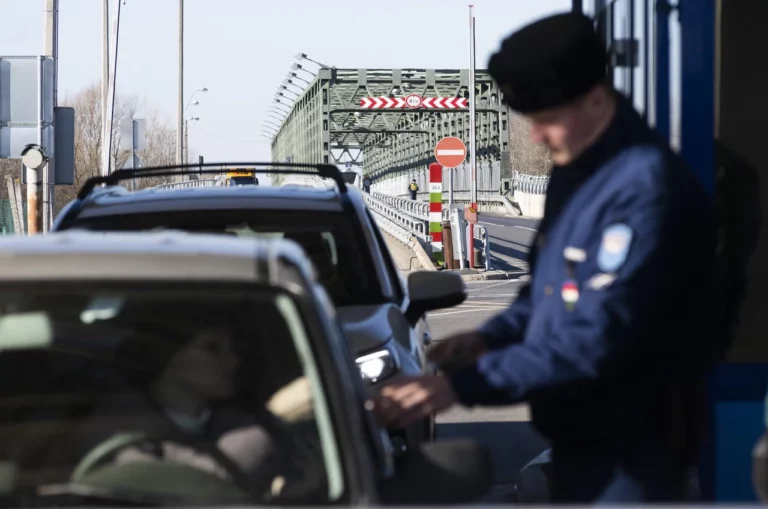Hungary border control
Over 770 kilos of endangered crayfish seized at Romanian border

Illegal migration: Some 145,000 entrants apprehended so far this year in Hungary

First PzH2000 self-propelling gun arrives in Hungary

Thousands would like to become border rangers in Hungary

Hungary’s southern border crossings have fallen

Thousands of human smugglers are in Hungarian prisons

Serbian man wanted for murder arrested at Röszke in Hungary

Hungarian police starts recruiting ‘border hunters’!

Hungary’s armed forces ordered to step up readiness

Bakondi: Subotica migrant shootout ‘stark warning’
The recent shooting between migrant groups in Subotica (Szabadka), near the Hungarian border, represents a "stark warning" that the problem...
Hungarian FM: Europe facing ‘unprecedented’ migration pressure
New waves of migration triggered by famine could put unprecedented pressure on Europe, Péter Szijjártó, the foreign minister, said after...
Prosecutor files charges against member of Dutch human trafficking gang

Orbán announced how many border hunters would protect Hungary!

Goverment to set up border guard force

Members of Hungary’s new border guards will get ridiculous wages

Minister: migrants at Hungary’s borders “have no right to cross”

Hungary to set up independent border control force

One dead after migrants’ armed clash near the Serbian-Hungarian border





 ZH
ZH IT
IT DE
DE HR
HR NL
NL FR
FR JA
JA RO
RO RU
RU ES
ES TR
TR
